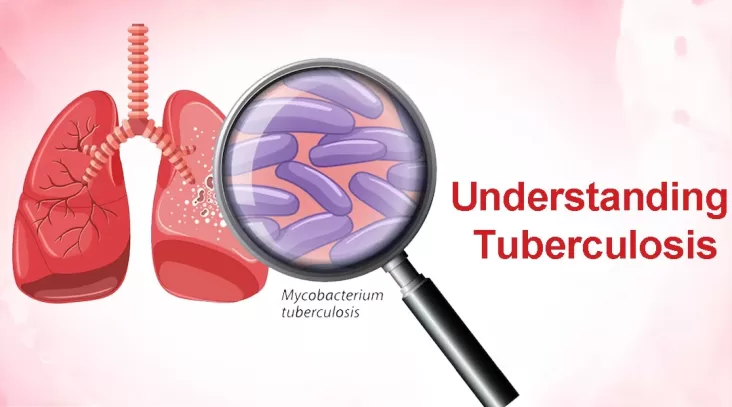Tuberculosis (TB) is a contagious infection caused by the Mycobacterium tuberculosis bacterium, which primarily affects the lungs but can also impact other parts of the body, such as the brain, spine, and kidneys. Although TB is preventable and curable, it remains a leading health concern in India and worldwide, especially in densely populated areas. This blog discusses TB’s causes, symptoms, treatments, and how to prevent it effectively.
Causes and Transmission
TB spreads through airborne particles when an infected person coughs, sneezes, speaks, or even laughs. While anyone can contract TB, certain factors increase vulnerability, including a weakened immune system, malnutrition, and close contact with an infected person. TB infections can be latent or active. People with latent TB carry the bacteria but show no symptoms and cannot spread the disease. However, without proper treatment, latent TB can become active, particularly in those with weakened immunity.
Recognizing the Symptoms
The symptoms of active TB vary depending on which part of the body it affects, but the most common symptoms include:
- A persistent cough lasting three weeks or longer
- Chest pain
- Coughing up blood or phlegm
- Unexplained weight loss
- Fatigue
- Fever and chills
- Night sweats
Recognizing these signs early is crucial for preventing transmission and ensuring effective treatment. Left untreated, TB can cause severe health complications and can even be fatal.
Diagnosis and Treatment
Diagnosing TB involves several tests, including a Tuberculin Skin Test (TST), blood tests, chest X-rays, and sputum tests. Early detection plays a significant role in controlling TB, particularly for those in high-risk groups such as healthcare workers, people with HIV, or those in close contact with infected individuals.
TB treatment generally involves a six- to nine-month course of antibiotics, such as isoniazid, rifampin, ethambutol, and pyrazinamide. It’s essential for patients to complete their full course of treatment, even if they feel better after a few weeks. Failure to complete treatment can lead to drug-resistant TB strains, such as Multi-Drug Resistant TB (MDR-TB) and Extensively Drug-Resistant TB (XDR-TB), which are more difficult to treat and require longer, more complex regimens.
Also Read: How does Stress Contribute To Heart Disease Risk?
Preventive Measures and Vaccination
Preventing TB relies on both personal and public health measures. Good ventilation, wearing masks in crowded areas, and maintaining general hygiene help reduce the spread of TB bacteria. Additionally, the BCG vaccine, given to children in TB-endemic regions, provides protection against severe forms of TB. Although the vaccine does not completely prevent TB, it reduces the risk of life-threatening complications.
Sujata Birla Hospital’s Role in Tuberculosis Care
Sujata Birla Hospital is committed to raising awareness, providing early diagnosis, and offering comprehensive treatment for TB. Through health camps and educational initiatives, the hospital supports communities by promoting TB prevention and ensuring that patients have access to affordable, high-quality care.
Conclusion
Understanding tuberculosis and addressing it is essential for the health and well-being of our community. If you or someone you know is experiencing symptoms of TB, consult a healthcare professional promptly. Early detection, combined with complete adherence to treatment, is key to combating TB effectively.
Also Read: The Importance of Regular Health Check-ups

